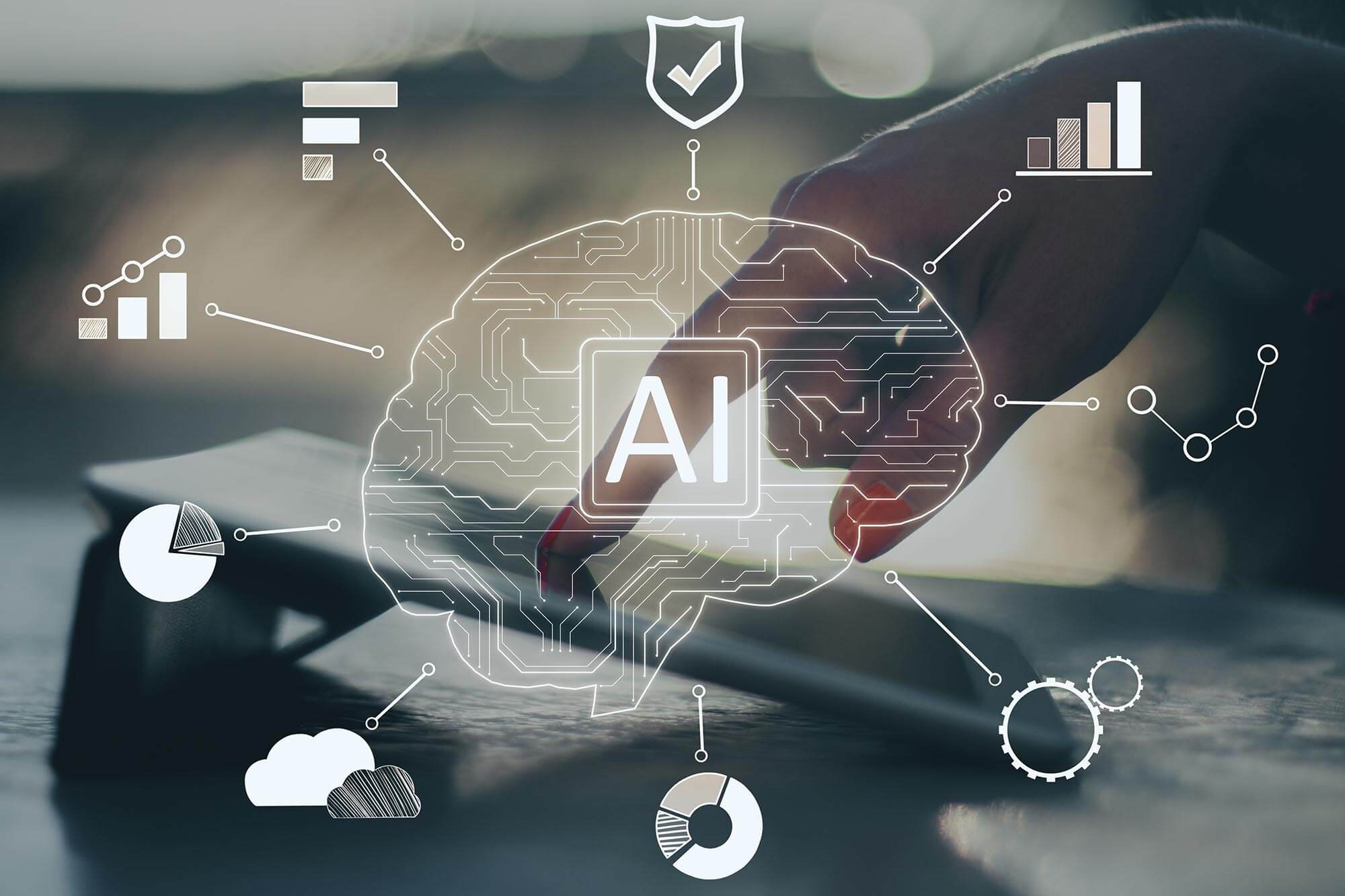In today’s digitally driven world, the role of artificial intelligence (AI) in marketing has evolved from a promising concept to an indispensable tool. Marketers are constantly seeking innovative ways to engage with their audiences and boost their ROI, and AI is at the forefront of this revolution. As we step into the future, let’s delve into the most popular AI trends that are reshaping the landscape of marketing.
- Personalization at Scale
One of the standout AI trends in marketing is the ability to deliver personalized experiences at scale. With the help of machine learning algorithms, marketers can analyze vast datasets to understand individual customer preferences, behaviors, and purchase history. This data-driven approach enables businesses to tailor their marketing messages, product recommendations, and content to suit the unique needs and interests of each customer. Consequently, personalized marketing not only increases customer engagement but also drives higher conversion rates and customer loyalty.
- Chatbots and Conversational AI
Chatbots and conversational AI have taken customer service to a whole new level. These intelligent virtual assistants use natural language processing (NLP) to understand and respond to customer inquiries in real-time. They can provide instant support, answer frequently asked questions, and even guide customers through the purchase process. As consumers increasingly seek instant gratification, chatbots are becoming invaluable tools for businesses, enhancing customer satisfaction and reducing operational costs.
- Predictive Analytics
Predictive analytics, powered by AI, is revolutionizing marketing strategies. By analyzing historical data, AI algorithms can forecast future trends, customer behavior, and market dynamics. This insight empowers marketers to make data-driven decisions, optimize campaigns, and allocate resources more efficiently. From predicting customer churn to identifying potential leads, predictive analytics is helping businesses stay ahead of the competition.
- Visual and Voice Search
Visual and voice search are rapidly gaining traction in the marketing world. With advancements in computer vision and voice recognition technologies, AI can interpret images and voice commands, opening up new avenues for consumer interaction. Marketers are optimizing their content for visual and voice search, ensuring that their products and services are discoverable on platforms like Google Lens, Amazon Alexa, and Siri. As these technologies become more mainstream, brands that embrace them will gain a competitive edge.
- Content Generation
Content is king in the digital age, and AI is making it easier than ever to produce high-quality, relevant content. AI-driven content generation tools use natural language generation (NLG) to create articles, product descriptions, and social media posts. While AI-generated content may not replace human creativity, it can be a valuable resource for marketers to automate routine tasks and free up time for more strategic activities.
- Programmatic Advertising
Programmatic advertising has been a game-changer for digital marketers. AI-powered algorithms analyze user data in real-time to deliver highly targeted and personalized ads. This not only improves ad relevance but also ensures that marketing budgets are spent efficiently. Programmatic advertising has become an integral part of online marketing campaigns, helping brands reach their desired audience with precision.
- Customer Journey Mapping
Understanding the customer journey is essential for effective marketing, and AI is taking this to the next level. AI tools can track customer interactions across various touchpoints and provide insights into their decision-making process. This enables marketers to optimize the customer journey, identify pain points, and deliver a seamless experience from awareness to conversion.
Learn more about customer journey mapping.
- Social Media Analysis
Social media is a goldmine of consumer insights, and AI is instrumental in harnessing this wealth of data. AI-powered social media analysis tools can monitor brand mentions, sentiment, and trends in real-time. Marketers can use this information to fine-tune their social media strategies, engage with customers more effectively, and even predict emerging trends in their industry.
Artificial intelligence is not just a buzzword in marketing; it’s a transformative force that is reshaping the way businesses connect with their audiences. The AI trends discussed in this article are not isolated; they often work in synergy to create a holistic marketing strategy that is data-driven, customer-centric, and highly effective.
As technology continues to advance, the marketing landscape will evolve further, presenting new opportunities and challenges. To stay ahead in this dynamic field, marketers must not only embrace these AI trends but also remain adaptable, continuously learning, and open to exploring the limitless possibilities that AI offers. By doing so, they can not only thrive in the present but also lead the way into the future of marketing.




